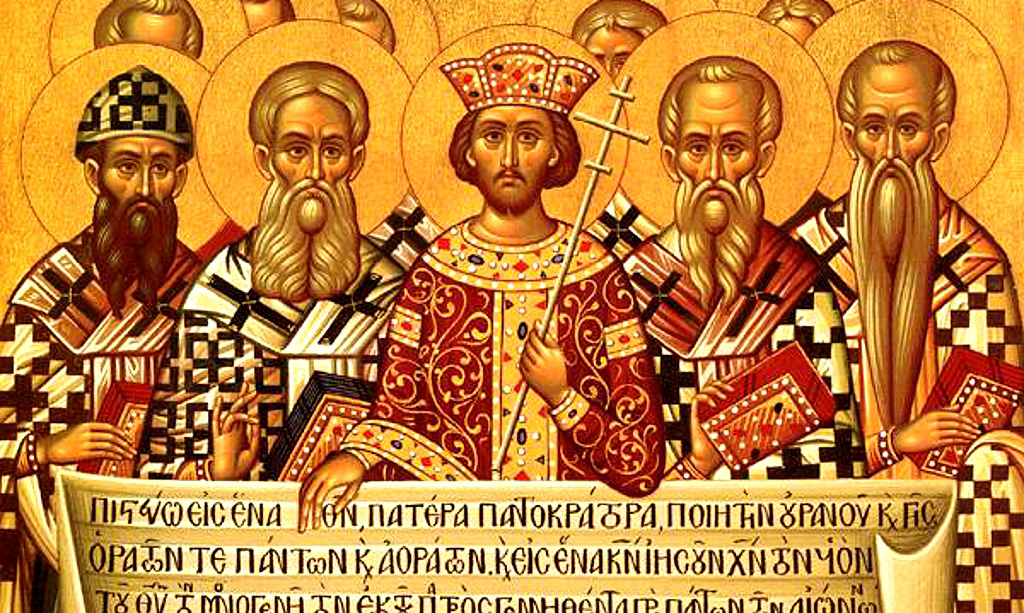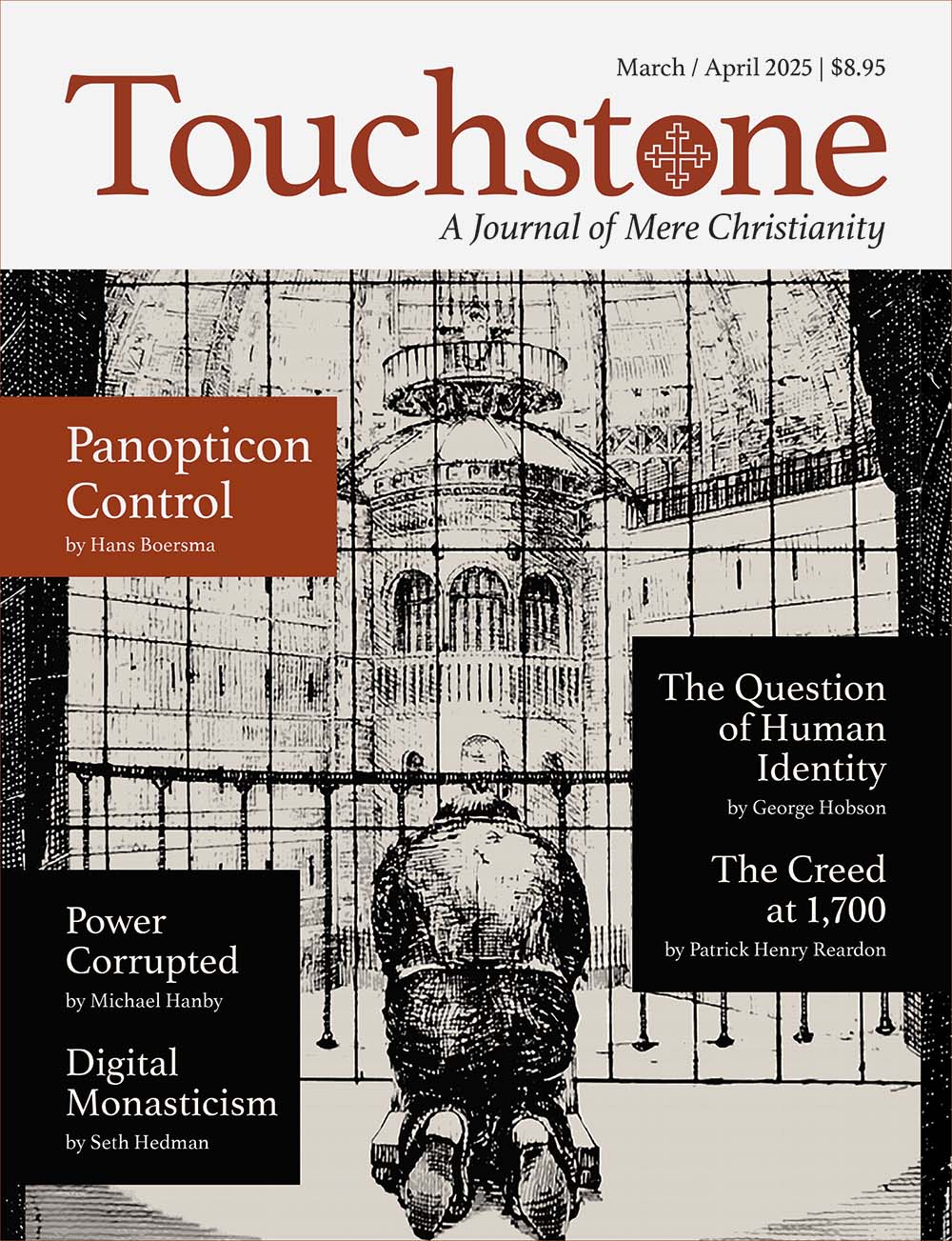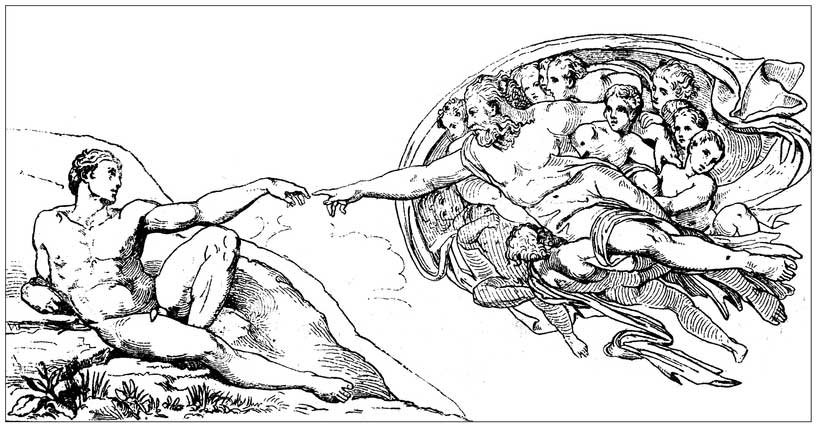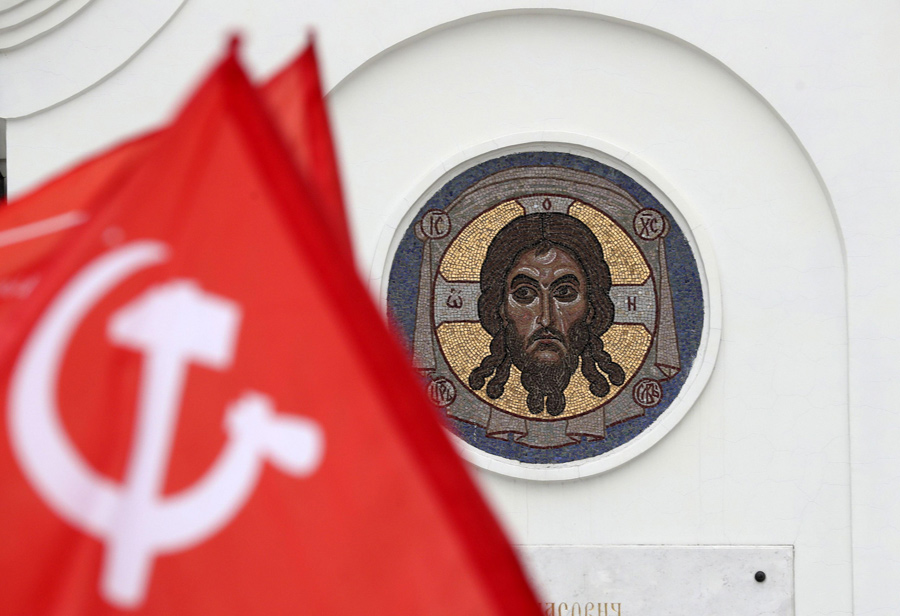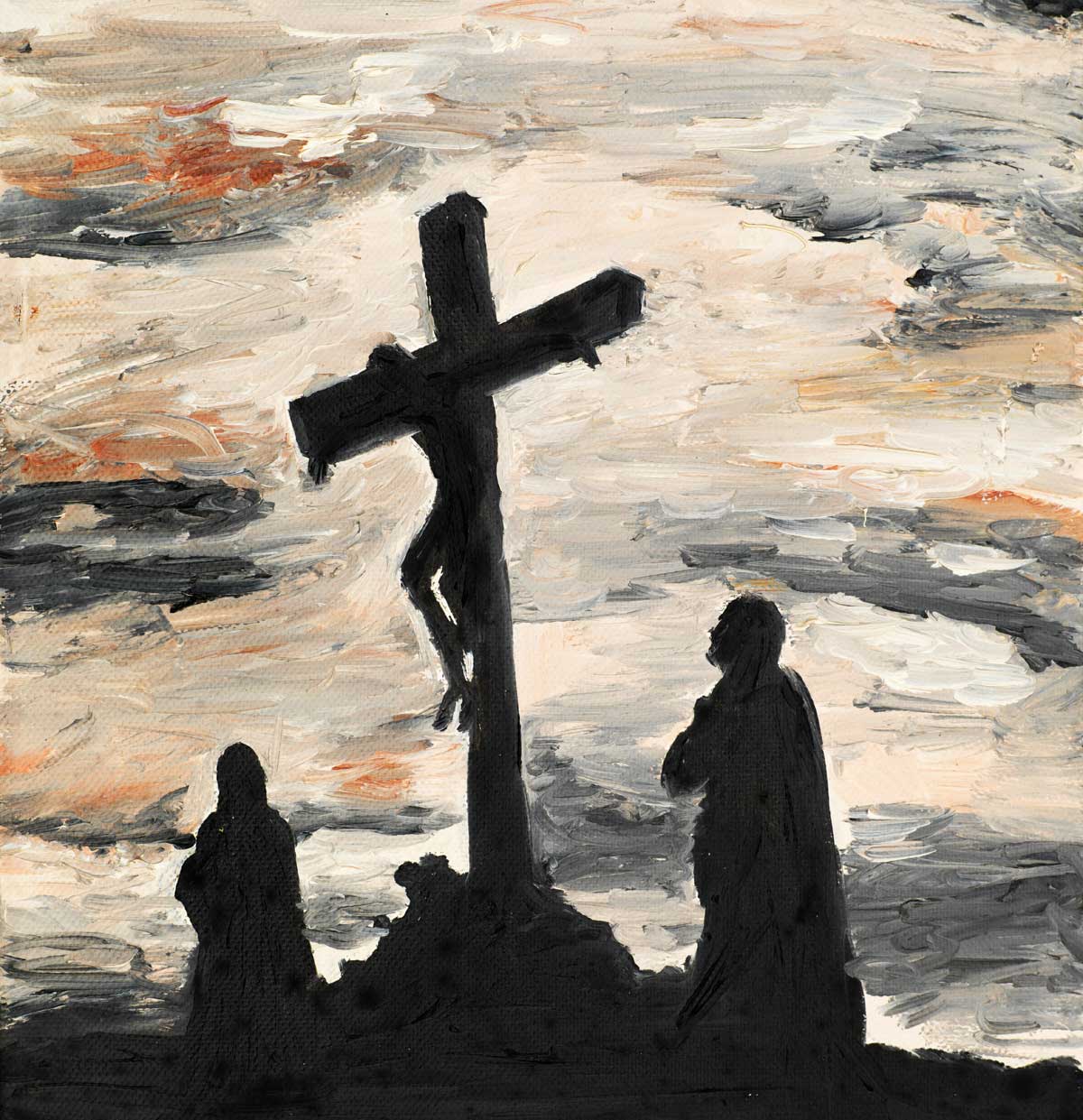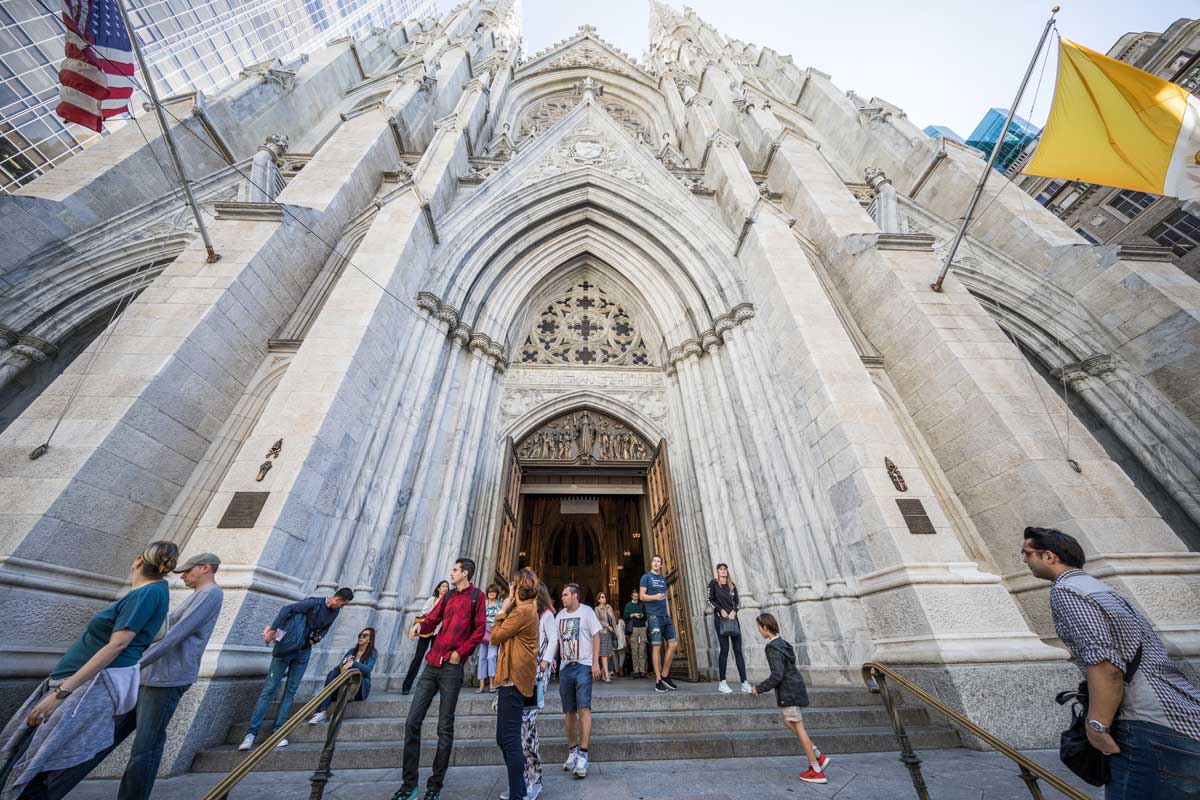A Creed Awakening
On the 1,700th Anniversary of Nicaea
If I were able to write fiction, I would like to write like Willa Cather. I never will, of course, but the spiritual appeal of her stories prompts me, somewhat boldly, to suppose that she and I have shared certain experiences of a religious/artistic nature.
What I feel here to be an affinity I can, in one case, document as a fact: Willa Cather and I have shared a common fascination with the Nicene Creed. Like her, I love to recite the Creed very slowly and thoughtfully. In my own case, it has become nearly an obsession; its text gives shape to my sense of reality; it provides my inner architecture.
I render this personal testimony as we Christians prepare, very shortly this year, to remember the Council of Nicaea on the occasion of its 1,700th anniversary. It should not go by unnoticed.
Appropriate Before Sleep?
Before commenting further on the Creed, however, let me speak once more of Willa Cather. I must confess that my approach to the Creed is not entirely identical with hers. I can indicate the difference by quoting what she wrote in a letter to her niece and goddaughter Helen Louise Cather on Easter Sunday, March 23, 1940:
I think the Nicene Creed the most beautiful prose in the world. If I am wakeful in the night and think it through to myself, slowly, I can nearly always go to sleep. There is such authority and majesty in it.
Since I was only two years old when she wrote this letter—nor, as I recall, was Willa a friend of the family—there was no opportunity to raise a question that bothers me now. From my current perspective, I would have to say, “Miss Cather, forgive my inquiry, but would you back up a bit, please, ma’am, and break that down for me. I don’t quite follow the logic here. You say this ‘most beautiful prose in the world,’ with ‘such authority and majesty in it,’ puts you to sleep?”
But then I further reflect, well, maybe it does—in a special sense. Although the Nicene Creed has never put me to sleep, I can think of no better text to recite when, at the end, I do fall asleep in the Lord.
In fact, I can hardly count the many Christians whose hands I have held, over the years, while reciting that Creed in their hearing as they released their last breath and passed on to glory. If I am the priest at his bedside, the dying Christian will always make his Passover with the Nicene Creed ringing in his ears. Perhaps its aspect of a final word is the reason the Orthodox Church prescribes the Creed’s recitation each night at Compline.
Truths Thought Through
It is my personal habit, on the other hand, to recite that Creed each morning, just before beginning the psalms of Matins. Indeed, I think of the Creed as the key to a Christian understanding of the psalms. Going from “I believe in one God” all the way to “the life of the world to come,” I cannot think of a single line that does not resonate—deeply—in sundry verses of the Psalter.
So I endeavor to begin each day by placing my own thoughts into the shared convictions of Nicholas of Myra, Spyridon of Tremithus, Hosius of Cordova, Cecilian of Carthage, and the other saintly bishops who gathered—along with the young deacon, Athanasius of Alexandria—in 325 (and later, in 381). Thereby I take explicit possession of my inheritance.
As to its content, the Creed’s third article—“I believe in the Holy Spirit”—is the theological warrant of the first two: “I believe in one God, the Father . . . and in one Lord, Jesus Christ.” The grace of the Holy Spirit, that is to say, is what prompts and enables the believer to confess, “Abba, Father” (Gal. 4:6; Rom. 8:15) and “Jesus is Lord” (1 Cor. 12:3). One cannot make these confessions apart from the Holy Spirit. Paul summarized them: “For us there is one God, the Father, from whom are all things, and we unto him; and one Lord, Jesus Christ, through whom are all things, and we through him” (1 Cor. 8:6).
I think it imperative that these ancient and inherited—even pre-Pauline—formulations of the faith be transmitted as truths thought through, actively engaging the reflecting mind. They lie at the base of the very being of the Church. After the Scriptures themselves, this is the most important document in the bequest of Christian history.
The Danger of Thoughtless Routine
I readily admit, of course, that there is some danger inherent in reciting the Nicene Creed or, for that matter, any other formulation of faith—the danger of thoughtless routine. So I admit that recitation of the Creed as a means of falling asleep sounds a bit suspicious.
The purpose of the Creed is, rather, to wake us up. It must not become simply an accepted formula but a treasure to fight and die for—or at least a concern that deserves the best and highest resources of our minds. Surely the Creed is an instrument for loving God with the whole mind.
Nothing is more deadly than an inherited formulation that we simply accept and never think about, a formulation receiving only a torpid, thoughtless acquiescence. “Abba, Father” and “Jesus is Lord” are not just words. They are revelations given by the Holy Spirit. The Nicene Creed, that is to say, takes its rise from within the Holy Trinity. It is a formula born of a revelatory experience, the testimony of the Father and the Son to one another: “All things are delivered unto me by my Father, and no man knoweth the Son, but the Father; neither knoweth any man the Father, save the Son, and he to whomsoever the Son will reveal him.”
As to creeds in general, it is spiritually lethal to recite them when the vigor of the mind is not engaged, when the words are received (as John Stuart Mill once wrote) “outside the mind,” when the formula never connects “itself at all with the inner life of the human being.”
It is a terrible thing to transmit a creedal faith that is, in fact, devoid of faith, a creed that does not engage the reason of the believer, a creed empty of intellect, never permitted to address and give structure to the conscience, never encouraged to hold discourse with literature, philosophy, and history, a creed innocent of imagination, inspiring no poetry and prompting no art, a creed that evokes no radical moral resolve and is expressed mainly in routine practices seldom reflected on and never understood.
God preserve us from a creed without a living faith, a faith that actually informs the content of the mind and strengthens the resolve of the will, a faith that serves as the foundation stone of decisions, a faith structuring our daily lives in the steady application of prayer and the quest for God, a faith in which we lay hold of the truths by which to live and die, a faith bearing fruit in wisdom, a living faith worth sharing with our children.
Patrick Henry Reardon is pastor emeritus of All Saints Antiochian Orthodox Church in Chicago, Illinois, and the author of numerous books, including, most recently, Out of Step with God: Orthodox Christian Reflections on the Book of Numbers (Ancient Faith Publishing, 2019).
subscription options
Order
Print/Online Subscription

Get six issues (one year) of Touchstone PLUS full online access including pdf downloads for only $39.95. That's only $3.34 per month!
Order
Online Only
Subscription

Get a one-year full-access subscription to the Touchstone online archives for only $19.95. That's only $1.66 per month!
bulk subscriptions
Order Touchstone subscriptions in bulk and save $10 per sub! Each subscription includes 6 issues of Touchstone plus full online access to touchstonemag.com—including archives, videos, and pdf downloads of recent issues for only $29.95 each! Great for churches or study groups.
Transactions will be processed on a secure server.
more on Christianity from the online archives
more from the online archives
calling all readers
Please Donate
"There are magazines worth reading but few worth saving . . . Touchstone is just such a magazine."
—Alice von Hildebrand
"Here we do not concede one square millimeter of territory to falsehood, folly, contemporary sentimentality, or fashion. We speak the truth, and let God be our judge. . . . Touchstone is the one committedly Christian conservative journal."
—Anthony Esolen, Touchstone senior editor





